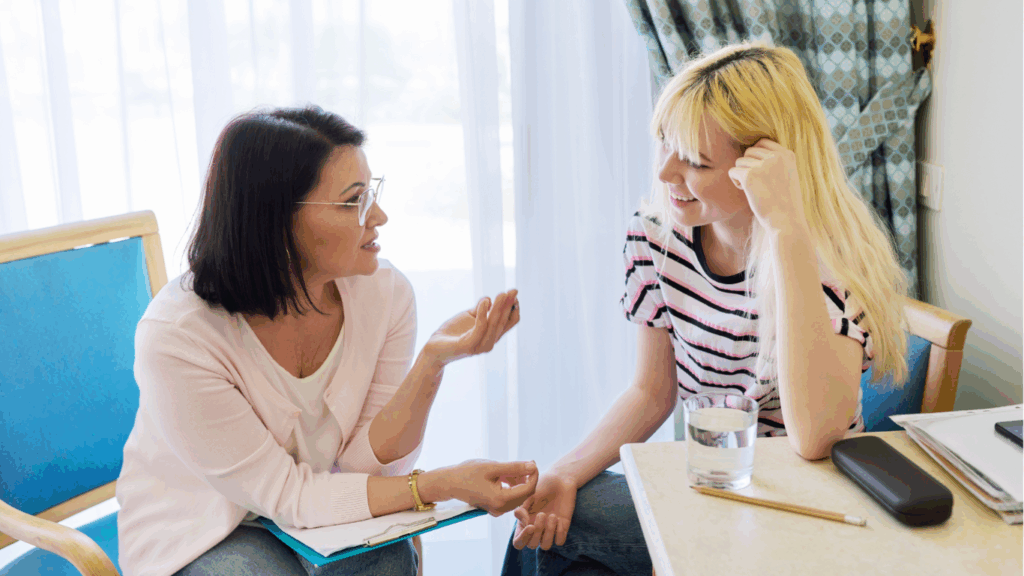Caring for children and youth through adoption, foster care, or kinship care is meaningful, complex work. Many children carry histories of loss and trauma, which can make everyday parenting more challenging at times. That’s why self-care is not selfish; it’s an essential practice that helps you and your family stay well over the long term.
Self-care means doing things on purpose to support your physical, emotional, mental, and spiritual health. It includes basics like sleep, nutrition, exercise, and medical care, but also connection, setting boundaries, and giving yourself permission to rest.
Here’s why it matters:
- It prevents burnout. Caregiving stress can build up over time, leaving you exhausted or disconnected. Tuning in to your needs and caring for yourself helps you recognize early signs of burnout and take action before you hit empty.
- It supports long-term well-being for you and your child. When caregivers are stressed, children often feel it too. Protecting your own well-being through sleep, support, and healthy routines helps reduce stress in the home and creates more space for connection.
- It models healthy habits. Kids learn by watching you. When they see you ask for help, take breaks, or go for a walk, they’re learning that caring for yourself is part of being healthy and resilient.
The challenges are real
Permanency caregivers often juggle multiple roles at once (appointments, school meetings, services, extended family, and work), sometimes for more than one child with very different needs. It’s no wonder it feels hard to find time for yourself.
Compassion fatigue and secondary trauma can also creep in. Supporting children who have experienced trauma can leave caregivers feeling drained, anxious, or disconnected. If you notice signs such as constant fatigue, trouble sleeping, or loss of interest in things you enjoy, you’re not alone. Reaching out for support and prioritizing your own well-being are important steps to stay strong and resilient.
Take time to recharge
Do not sacrifice healthy eating, physical activity, or time outdoors. Instead, lean into the things that give you energy and bring you joy. Catching your breath through simple acts of self-care makes you better equipped to keep showing up with love, patience, and strength — for yourself and for your family.
If you’d like some tips to get started, check out our Practical, doable self-care for caregivers (start small) article for simple ways to make self-care part of your everyday life.





